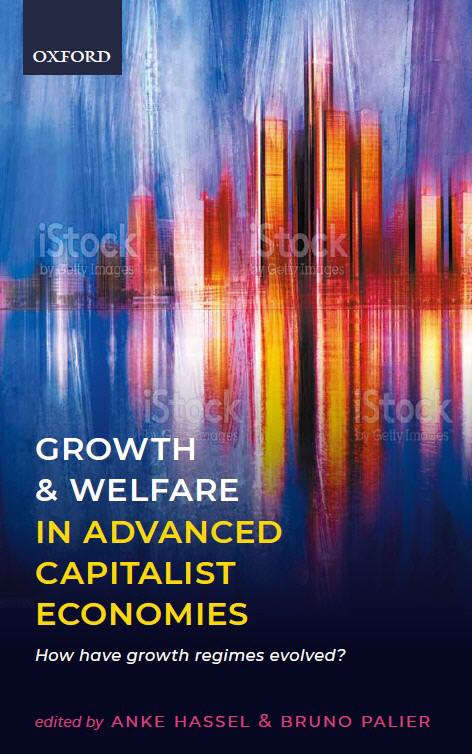National Growth Strategies

Anke Hassel, Hertie School
Bruno Palier, Sciences Po
Different countries or regions of the world have recently attempted to define a “growth strategy”, aimed at stimulating economic growth and job creation, in which social protection plays a more or less pronounced role. At the European level, since the late 1990s, Europe has been seeking to define a growth model for its member states, defined by the slogan of the Lisbon strategy: “make Europe’s economy the most competitive and dynamic knowledge-based economy, capable of sustainable economic growth with more and better jobs and greater social cohesion“, in which a “renewed” social protection is central. In its recent reformulation, the Europe 2020 strategy, for “smart, sustainable and inclusive” growth, continues to promote welfare state reforms. More recently, the EU competitiveness strategy associates economic policy orientations (austerity, growth through cost-competiveness and export capacities) with social protection “structural” reforms.
Research in political economy has shown that it is possible to establish consistent patterns between the structures of the economy, economic policies, employment policies, skill formation schemes and social protection systems. This is particularly true for research in the French School tradition of “regulation” (Boyer, Aglietta), the Varieties of Capitalism approach (Hall & Soskice) and the Welfare Capitalism literature (Esping-Andersen). However, all these approaches identify types or regimes; they are often too static and too abstract to understand recent developments of economic restructuring, when national political economies face deindustrialization, the new digital service economy and/or financialization.
The aim of this project is to identify the general common orientation given to economic policies (and social protection reforms) in a specific country, in order to recover growth and create jobs in a period of deindustrialization (since the late 1970s). This can be done through the detailed analysis of the various mechanisms that determine the relationship between sectors of the economy and social protection in specific dimensions, as well as the relationships between these sectors (and their interests) and the definition of different “growth strategies”.
Publications:
Anke Hassel and Bruno Palier. eds. 2021. Growth and Welfare in Advanced Capitalist Economies: How Growth Regimes Evolve. Oxford University Press.
Anke Hassel, Bruno Palier, Sonja Avlijas. 2020. The pursuit of growth. Growth regimes, growth strategies and welfare reforms in advanced capitalist economies. Stato e mercato. Fascicolo 1, aprile 2020.
Anke Hassel. 2017. "No way to escape imbalances in the Eurozone? Three sources for Germany’s export dependency: Industrial relations, social insurance and fiscal federalism." In: German Politics.
